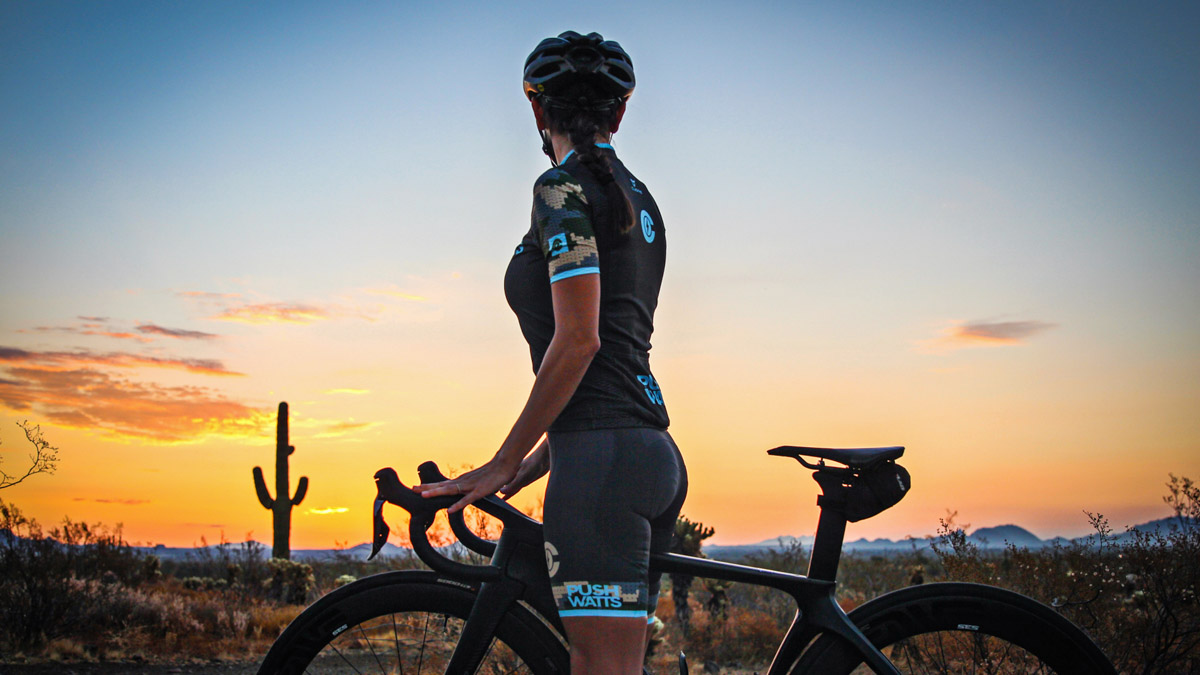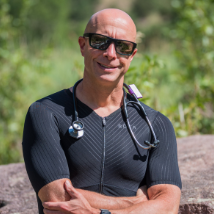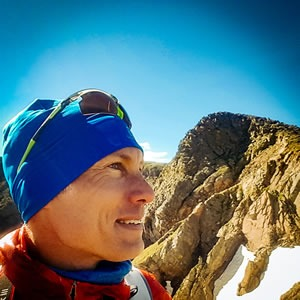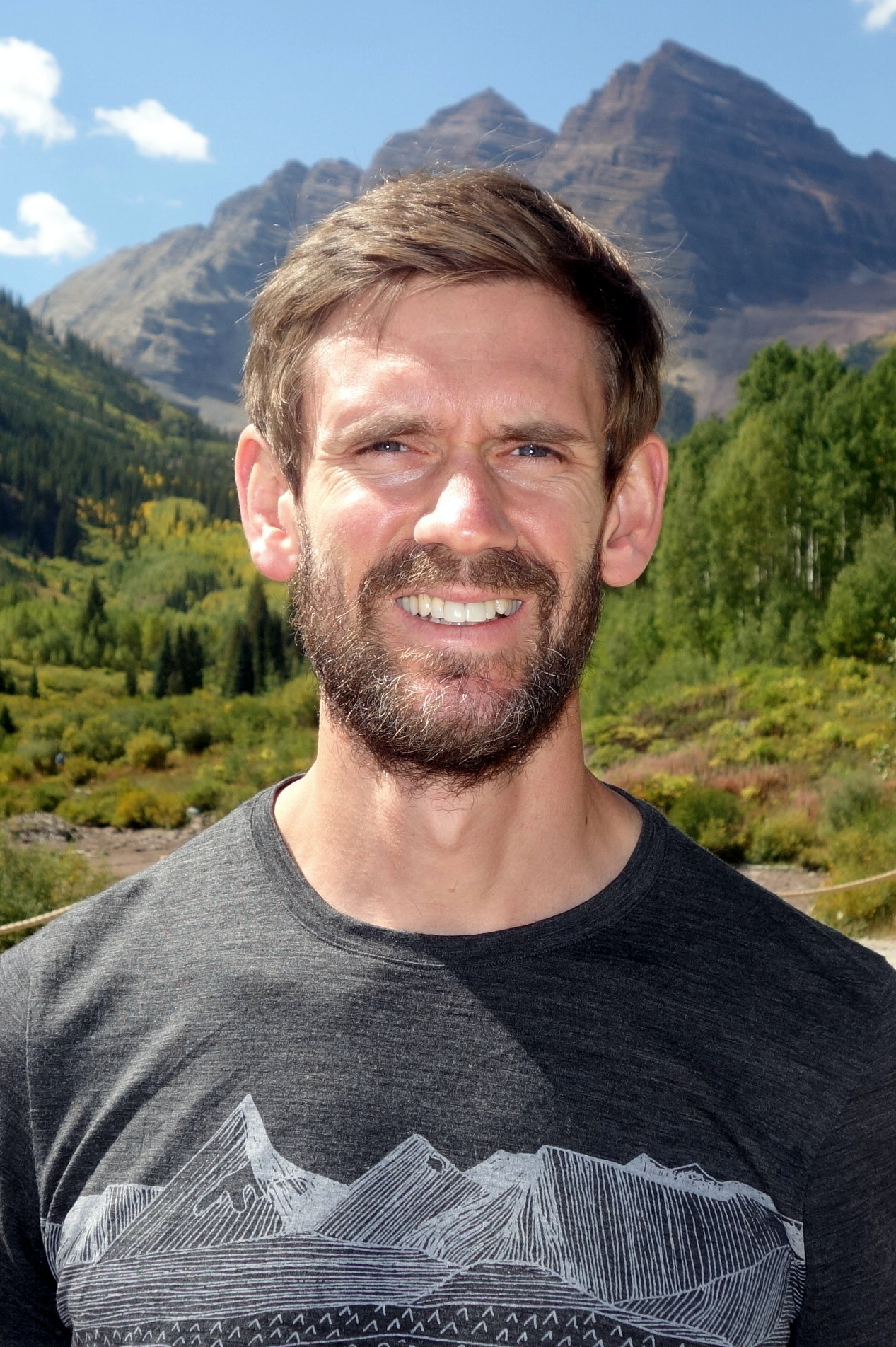Endurance athletes often have a love-hate relationship with early mornings. Many love how quiet it is in the pre-dawn hours while others bemoan the loss of shut-eye. And yet, there is a fundamental question here: is there a time of day when we are primed to perform our best? Given the fact that our races all start early, this is an important question to answer.
Your Circadian Rhythm and Chronotype Explained
Whether you classify yourself as a morning, evening, or daytime person, these preferences are based on your innate circadian rhythm (aka, internal clock), which is influenced by hormonal and neurologic processes that are affected by daylight as well as other internal and external factors. Your circadian rhythm influences your core body temperature and alertness as well as other physiological processes, all of which result in preferences for certain times of the day.
Circadian preference is known as chronotype, and across the population, chronotypes resemble a bell curve with the majority of people in the middle classified as having no real preference. Research has shown that morning people tend to gravitate to sports that have early morning training regimes and races, while evening people tend to choose to participate in sports that have schedules later in the day.
Becoming a Morning Person
Interestingly, your chronotype is not rigid, but malleable. A South African study showed that, over time, marathon runners who trained early in the morning often became “morning people” and showed improved performance earlier in the day. Still, those who expressed a preference for mornings at the beginning of the study had better overall times and more improvement in performance than did those who initially expressed a preference for the evening.
In a study on collegiate swimmers, the conclusions were similar but also showed that the swimmers who prefer mornings had significantly more difficulty performing later in the day. Similar to what was observed with the marathon runners, evening-type swimmers were 6% slower in the morning than they were later in the day, while morning types needed to exert themselves 5-7 times as hard in order to achieve the same performance in the evening as they had in the morning.
Core Body Temperature and Circadian Rhythm
One of the main theories to explain all this relates to body temperature. Circadian rhythms affect body temperature in fairly predictable ways, with most people seeing gradually increasing core temperature over the course of the day and peaking in the late afternoon before then slowly falling to a low between 3 AM and 5 AM. It is widely believed that the increase in core temperature corresponds with an athlete’s peak performance.
Morning-type athletes tend to see their temperature peak much earlier in the day than do “no preference” athletes, who still experience their peak earlier than evening-type people. Across the board, researchers have surmised that athletic performance tends to improve as you move through the day along with an increase in core temperature.
A couple of things have been shown to influence this observation. The first is climate. In warm environments, there is less of an effect on performance as the day progresses. Presumably, this is because core temperature does not drop as much overnight in such climates. The second is that by exercising regularly in the mornings, morning performance may be improved relative to evening performance.
Get Up Four Hours Before Your Race for Peak Performance
Knowing your chronotype can be helpful in determining when it is best to train. However, if you happen to be a person with an evening preference, then how are you to perform well in the early morning hours for a big event?
Fortunately, there is hope. It turns out that you can influence your circadian rhythm and athletic performance based on when you wake up. In a small study of field hockey players, researchers demonstrated that the most reliable indicator of peak performance turned out to be the amount of time since awakening.
By modifying the time that athletes woke up, they could be made to perform their best at different times of the day. The key was to wake up four hours before performing. For a 7 AM startline, waking up at 3 AM is not only the best time to be sure that you can eat, get ready, and make your way to transition in time, but will also have you reaching your performance peak just in time for the event to start.
Train hard, train healthy.
References
Anderson, A. et al. (2018, August 3). Circadian Effects on Performance and Effort in Collegiate Swimmers. Retrieved from https://www.ncbi.nlm.nih.gov/pmc/articles/PMC6083775/
Facer-Childs, E. & Brandstaetter, R. (2015, January 29). The impact of circadian phenotype and time since awakening on diurnal performance in athletes. Retrieved from https://pubmed.ncbi.nlm.nih.gov/25639241/
Henst, R.H.P. et al. (2015, June 23). A chronotype comparison of South African and Dutch marathon runners: The role of scheduled race start times and effects on performance. Retrieved from https://pubmed.ncbi.nlm.nih.gov/26102236/
Thun, E. et al. (2014, November 20). Sleep, circadian rhythms, and athletic performance. Retrieved from https://pubmed.ncbi.nlm.nih.gov/25645125/
Waterhouse, J. et al. (2005). The circadian rhythm of core temperature: origin and some implications for exercise performance. Retrieved from https://pubmed.ncbi.nlm.nih.gov/16021839/








